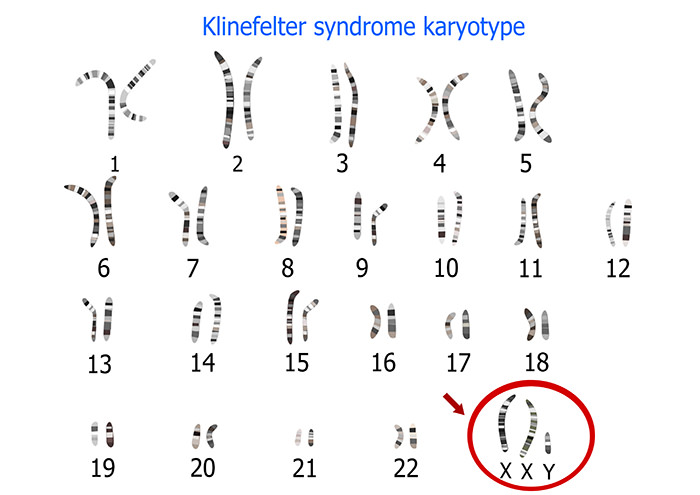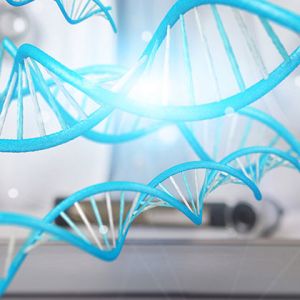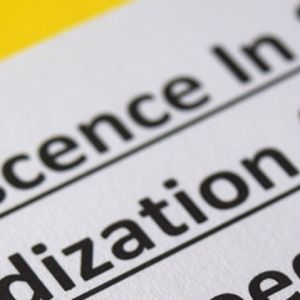Karyotype
WHAT DOES THE KARYOTYPE SHOW?
In humans, each cell contains 23 pairs of chromosomes, of which 22 pairs are called autosomal, while the 23rd pair are called sex chromosomes, the chromosomes that define the sex of the individual.
Karyotype is a very important test which detects chromosomal abnormalities that affect their number and shape. Chromosomal analysis is used in many cases and is an important diagnostic test of fertility problems.

It is already known that in cases of oligozoospermia the percentage of chromosomal abnormalities is 5.1%, in cases of azoospermia is 14.6% and in cases of non-obstructive azoospermia it reaches 20.3%. The fact that genetic abnormalities in the general population is ~ 0.5% makes it necessary to look for genetic causes in infertile couples.
KARYOTYPE – LABORATORY DETAILS
For the karyotype a blood sample in needed. From the cells in the blood sample only T-lymphocytes are selectively proliferated. Then they are synchronized at a certain stage of their division in which the chromosomes are the largest, followed by an appropriate staining (type G staining) to stain the bands that exist on chromosomes, which can provide important information. Although chromosomes become visible by magnifying the microscope 100 times, zoning needs to be magnified 1000 times.
WHAT ARE THE MOST COMMON DISEASES DETECTED BY THE KARYOTYPE?
There are many diseases which affect fertility that can be detected by the karyotype. These include changes both in chromosome number and in chromosome structure.
The most common condition due to a change in the number of chromosomes is Kleinefelter syndrome. Men with Kleinefelter syndrome have an extra X chromosome and instead of 46 XY chromosomes in each cell they have 47 XXY chromosomes. The presence of the extra chromosome is the reason why some men with Kleinefelter syndrome do not have normal spermatogenesis and are usually azoospermic.
Changes in the structure of chromosomes include deletions, duplications, inversions or translocations. In inversions a part of the chromosome “revolves” around itself while in translocations a part of one chromosome breaks and sticks onto another chromosome. All types of structural chromosomal abnormalities can cause infertility.

















General Information
more

Cystic fibrosis
more

FISH on sperm
more

Y chromosome microdeletions (AZF)
more


